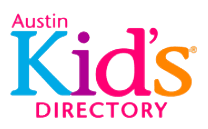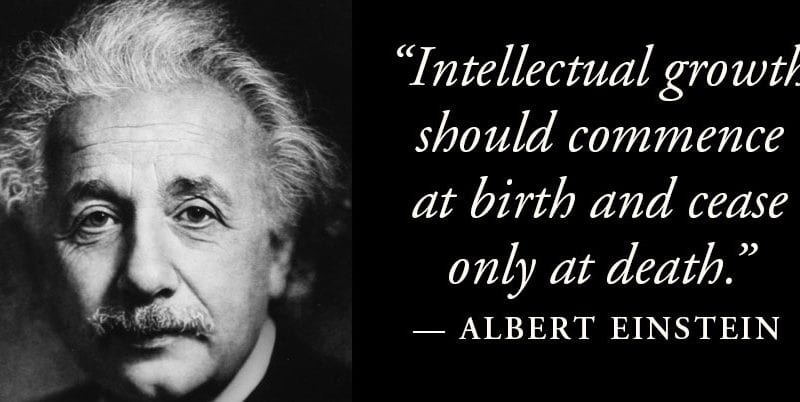The Key to Lifelong Learning
What, Where and Why are You Learning?
The Key to Lifelong Learning
During the last century, western society and culture has shifted from the Industrial Age through the Information Age to today’s Knowledge Age. The ability to obtain, assimilate and apply the right knowledge effectively – that is, our capacity to learn and adapt – will become key skills throughout the next century.
Unfortunately, most education systems have not kept up. Most of today’s schools were designed in and for the Industrial Age, and continue to follow the same model – one teacher at the “head” of the classroom, lecturing to a room full of students. A recent Gallup poll found student engagement plummeting from 80% in 5th grade to 40% in 12th grade.
This model affords too little individualization and inspiration. The ongoing focus on simply learning to know – acquiring basic academic skills – is no longer enough. WIth the advent of the internet and smartphone technology, we are attempting to educate the first generation in the history of mankind with the ability to immediately access an incalculable amount of knowledge, data and information, at their fingertips or in their pockets at all times.
So these days, more than ever, no school will be or should be the only place that learning happens. Learning can, will and should happen everywhere.
At WonderLab (www.wonderlablearning.com), we have built a model on this foun-dational belief that learning can and should take place outside the typical class-room environment. We believe in an age when learning to be (finding a passion and purpose that ignites motivation) and learning to do (real world skills aligned with one’s passions and purpose) are of greater value to the whole student, and to the whole of society.
Our process for developing lifelong learners begins with an assessment of what makes an individual unique. What are they passionate about? When do they be-come so involved in an activity or pursuit they lose track of time? What opportuni-ties and/or injustices do they see around them? Only then do we begin building a learning program or project around those answers, and work with them to hold them accountable to themselves.
In other words, we help kids play a bigger role in what, where and why they are learning. In the process, education transitions from something that is happening to them, to something that they are making happen for themselves – from something they endure to something they love.
With the new school year approaching, I invite you to schedule a complimentary consultation at WonderLab and look forward to understanding what you hope to learn in and out of the classroom in the year to come.
Take care and talk soon,
Temp Keller
Founder and President, WonderLab

